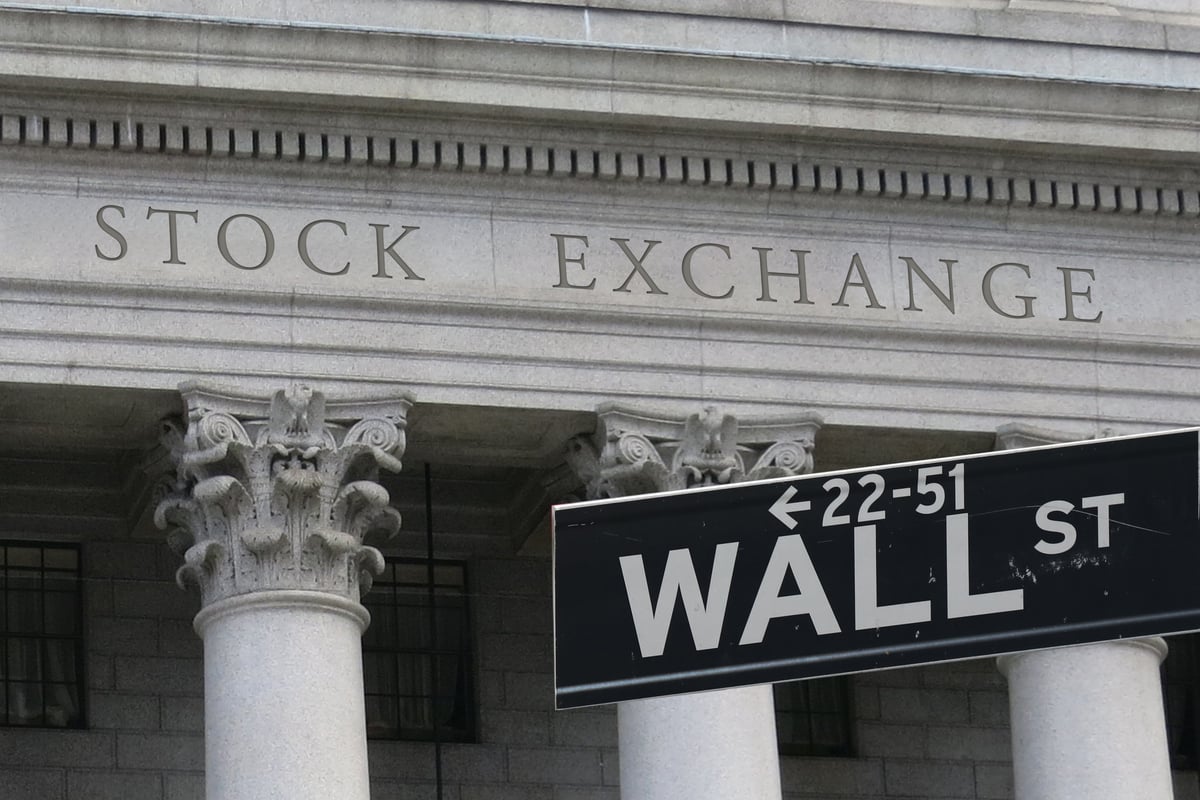Microsoft's (MSFT 1.20%) Xbox chief Phil Spencer recently hinted that streaming sticks could replace full-featured gaming consoles in the near future. Speaking to The Verge, Spencer claimed streaming sticks could potentially tether more gamers to its xCloud gaming service.
Spencer also hinted that a device could be "included in the Game Pass subscription" and allow gamers to "stream xCloud games" on their TVs. That strategy wouldn't be surprising, since Alphabet's (GOOG 2.70%) (GOOGL 2.91%) Google already bundles its cloud gaming service Stadia with its Chromecast Ultra streaming dongle.
But it would be a bold move for Microsoft since streaming sticks could cannibalize sales of its Xbox consoles. Let's see how the Xbox could transform from a console to a service, and what that would mean for the future of Microsoft's gaming business.

Image source: Microsoft.
How Microsoft's gaming business works today
Microsoft's gaming revenue declined year-over-year in the first three quarters of fiscal 2020, which ended on June 30, as sales of Xbox One consoles and software decelerated ahead of its upcoming console launches.
However, its gaming revenue surged 64% year-over-year in the fourth quarter as stay-at-home measures during the COVID-19 pandemic sparked more hardware and software purchases. As a result, Microsoft's total gaming revenue grew 2% to $11.6 billion, or 8% of its top line, for the full year.
Microsoft attributed its fourth-quarter rebound to higher third-party transactions and the growth of Minecraft and Game Pass, which offers unlimited downloads of over 100 games for $10 a month. Earlier this year, Microsoft introduced Xbox Game Pass Ultimate, which adds Xbox Live Gold and xCloud for $15 a month.
Next-gen consoles are built for digital ecosystems
Microsoft will launch two new consoles on Nov. 10: the full-featured Xbox Series X, which costs $499, and the Xbox Series S, which costs $299 but sports weaker hardware and lacks an optical drive. The Series S was clearly designed with digital gaming, specifically cloud gaming, in mind.

Image source: Microsoft.
Sony (SNE 7.36%) will also launch a full-featured version of the PS5, which costs $500, and a $400 Digital Edition on Nov. 12. The Digital Edition will ditch the optical drive, but it will run on the same hardware as its big brother.
Sony also developed the Digital Edition with digital downloads in mind, and its cloud gaming platform PS Now already enjoys a head start against xCloud. But compared to Microsoft, Sony doesn't seem as eager to transform its gaming consoles into cloud-based services.
Why Microsoft and Sony will turn their consoles into services
Transforming consoles into services could help Microsoft and Sony in three ways.
First, both companies usually sell their consoles at low margins or losses to establish an audience, then offset that initial pressure by selling higher-margin software. Transforming the Xbox and PlayStation brands into cloud-based services that can be played anywhere would end that expensive and unpredictable upgrade cycle.
Second, subscriptions generate more stable recurring revenue than traditional software sales, which are often seasonal and dependent on hit games. Subscription plans also lock users into walled gardens.
Lastly, it would help Microsoft and Sony counter the incoming wave of cloud gaming services -- including Stadia, NVIDIA's GeForce Now, and Amazon's Luna -- which all aim to render traditional gaming consoles obsolete.
That transformation won't happen overnight, since cloud-based games require high-bandwidth connections and many gamers still prefer locally installed games. But just as streaming video services gradually reduced sales of DVD and Blu-ray players, cloud gaming services could eventually kill off dedicated consoles and gaming PCs.
The key takeaways
Microsoft probably won't launch xCloud on streaming devices anytime soon, but Spencer's comments suggest the Xbox could eventually become a cloud-based gaming service.
As that happens, exclusive first-party games for those services will become more important than raw processing power. That's why Microsoft recently bought ZeniMax, which owns iconic franchises like Doom, Fallout, and The Elder Scrolls -- and why it will likely gobble up other game publishers in the future.





